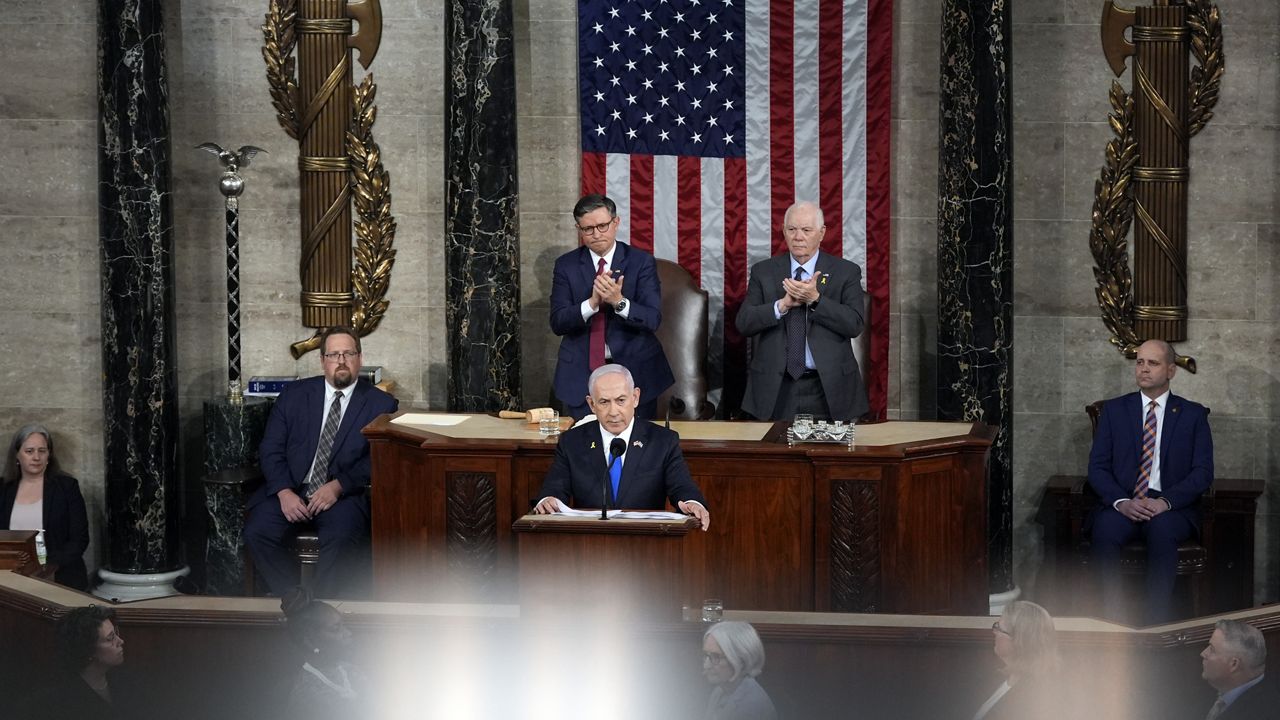A senior Biden administration official on Wednesday said that the “pieces” of the cease-fire and hostage release proposal for the war in Gaza laid out by the president in May are “coming together,” while stressing that there are still some “very serious implementation issues that have to be resolved.”
Speaking to reporters on a call on Wednesday, the official said negotiators are currently in the process of working out how the first phase of the plan would be carried out “day to day,” noting they are leaving “nothing to chance.”
“So that is a pretty intense negotiation that’s actually ongoing but again, we think the pieces are coming together,” the official said.
The official noted that the current negotiations are “very different” than a month ago, when “fundamental, potentially unbridgeable issues” remained.
“I think those have basically been resolved,” the official added.
It comes after President Joe Biden said both Israel and Hamas have agreed to the framework of a multi-stage proposal he laid out in May that aims to ultimately facilitate an end to the now nine-month old fighting in Gaza.
The plan includes three phases, the first of which would last six weeks and include a “full and complete” cease-fire, the release of women, the elderly and the wounded still being held hostage by Hamas and the freeing of hundreds of Palestinian prisoners in Israel.
The next stage, which would be negotiated during the six-week cease-fire, would include a “permanent end to hostilities” and the release of all remaining hostages, which includes male soldiers. The last step is the movement toward a “major reconstruction” plan for Gaza that would include the return of the remains of dead hostages to their families.
The president said Israel had already signed on to the plan when he announced it but there was some confusion around its stance in the ensuing weeks.
The official on the call said Hamas has accepted the framework of the “basic phasing” of the plan laid out by Biden but there are still things negotiators need from both sides in order to put it in place.
“I would not want to get into a deal until you know exactly how it's going to go and who's coming out and when, and that's what we're working out,” the official said. “Similar to the November deal, there is an exchange provision in this deal in which Palestinian prisoners are released in exchange for hostages and that is an equation that has to be worked out – who, when, where and so that is kind of what is being discussed now.”
The official said the administration has already been coordinating about “a couple of meetings” over the coming week that will be “pretty important.”
“We think we will see a lot of activity over the coming week and we think it’s not only possible, it’s essential and necessary because we have to get these hostages out,” the official said.
The update comes amid Israeli Prime Minister Benjamin Netanyahu’s trip to the U.S., where he addresses a joint session of Congress on Wednesday and is set to meet with Biden and Vice President Kamala Harris on Thursday and former President Donald Trump on Friday.
The official said it is expected that the meeting between Biden and Netanyahu on Thursday will include conversations about the “remaining gaps” and how to close them.



